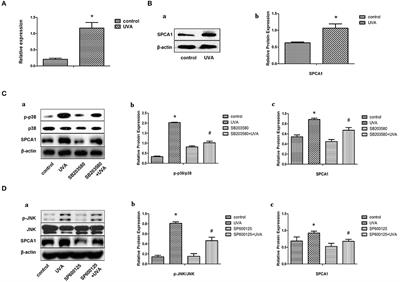EDITORIAL
Published on 28 Oct 2021
Editorial: The Role of Different Subcellular Organelles in DNA Damage Response
doi 10.3389/fcell.2021.760023
- 1,038 views
- 1 citation
18k
Total downloads
67k
Total views and downloads
EDITORIAL
Published on 28 Oct 2021
REVIEW
Published on 10 Aug 2021

ORIGINAL RESEARCH
Published on 05 Jul 2021

ORIGINAL RESEARCH
Published on 22 Jun 2021

ORIGINAL RESEARCH
Published on 21 Jun 2021

MINI REVIEW
Published on 12 May 2021

ORIGINAL RESEARCH
Published on 30 Apr 2021

ORIGINAL RESEARCH
Published on 29 Apr 2021

REVIEW
Published on 12 Apr 2021

ORIGINAL RESEARCH
Published on 09 Apr 2021

ORIGINAL RESEARCH
Published on 25 Mar 2021
